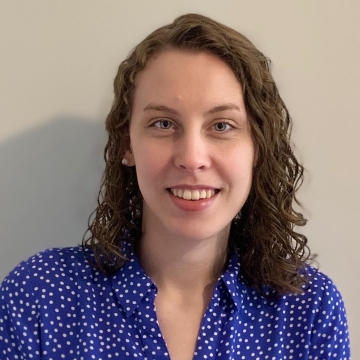AIDS Linked to the IntraVenous Experience (ALIVE)

About ALIVE
The ALIVE study, operating continuously since 1988, is amongst the largest, longest running and most productive persons who inject drugs (PWID) cohorts worldwide.
ALIVE has been highly innovative, pioneering novel research methods, uncovering new dynamics, and making significant contributions to diverse fields.
Collaborate With Us
Are you working with populations who inject drugs, or are you interested in learning more? Consider collaborating with ALIVE.
Fill out the form below to get in touch. We'll get back to you as soon as we can.
Sensory function in aging people who inject drugs
Principal investigators explore sensory impairment (audiology, vision, smell) related to lead exposure and tablet-based neurocognitive assessment.


HIV latent reservoir size and characteristics in PWID
A latent HIV reservoir is a group of immune system cells in the body that are infected with HIV but are not actively producing new virus particles. They can present a major barrier to cure as little is known about the effects of injecting drugs on latent HIV reservoirs. In this study, investigators employ novel genomic approaches explore the relationship between people who inject drugs and HIV latent reservoirs.
Resources for Participants
Are you an ALIVE study participant? Review the resources below.
Our Team
Our team is composed of experts in a broad range of sectors in support of multidisciplinary research and cohort infrastructure. Together, they oversee and make up clinical operations, recruitment, retention and quality control, laboratory and repository, outcome linkages, and key staff.
The ALIVE team includes community members who lead Community and External Advisory Board meetings, respectively, in addition to investigators directly supported by ALIVE and co-investigators actively contributing their expertise through sub-studies and the JHU Center for AIDS Research (CFAR).

Becky Genberg, PhD '10, MPH '02, uses research to understand and intervene on the social determinants of health behaviors and outcomes related to infectious disease and substance use.

Javier Cepeda, PhD, MPH, researches the intersecting epidemics of substance use, infectious disease, and justice involvement, as well as interventions needed to reduce these harms on public health.

Haneefa Tasleem Saleem, PhD ’14, MPH, ’09, conducts research to inform and evaluate approaches aimed at improving HIV prevention and treatment and other health outcomes for people who use drugs globally.

Albert Wu, MD, MPH, studies the impact of safety problems on patients and health care workers.






